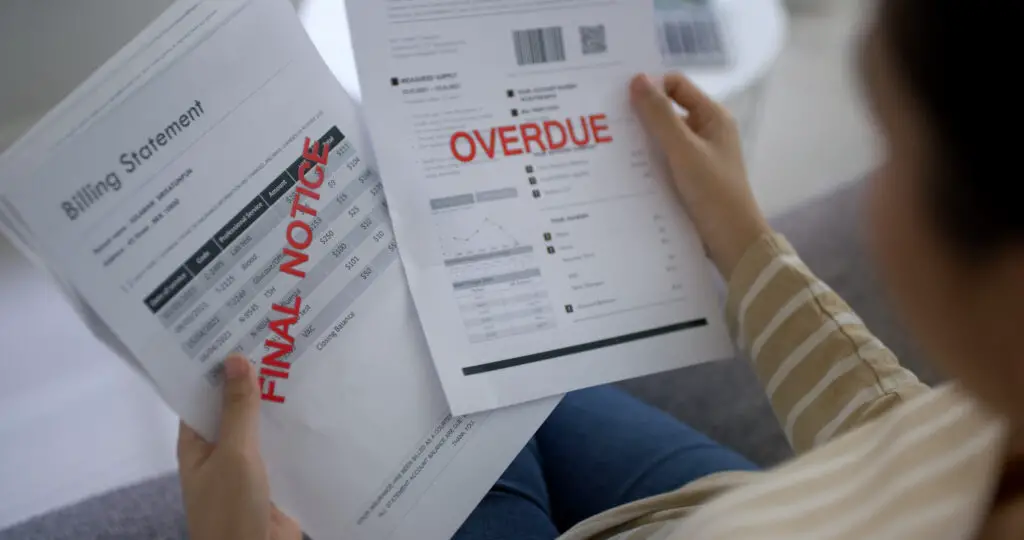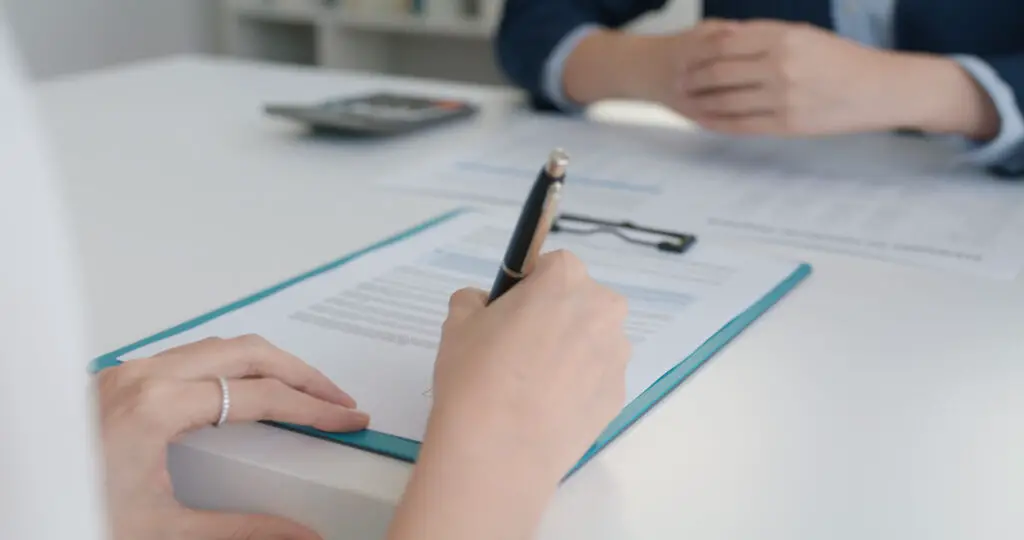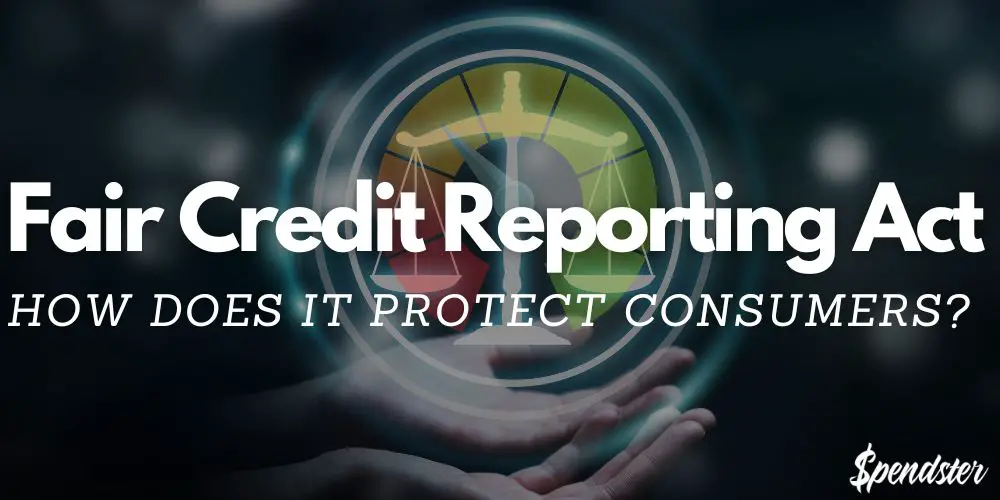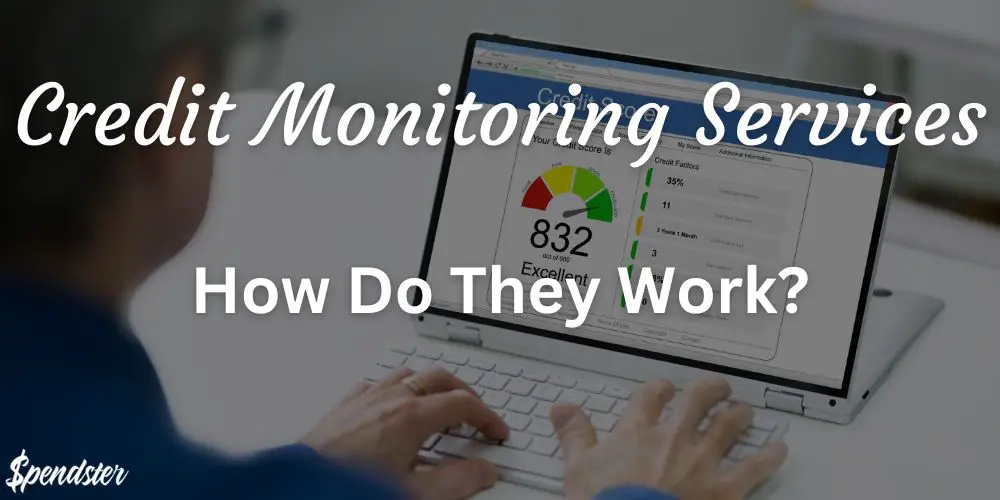What Is A Charge-Off – How Do Charge-Offs Work And How To Remove Them From Your Report?
If you take free copies of your credit reports from the bureaus, you might spot a different type of entry other than late payments and delinquent accounts. It’s called a charge-off, and many consumers aren’t familiar with its true meaning.
So, what is a charge-off and how is it different from late payments? A charge-off happens when too much time goes by from the due date for your loan repayment, and the creditor writes it off assuming that you won’t pay. However, it’s not exactly a good thing for you and your report, so this guide will shed some light on its meaning.
Impact Of Charge-Offs On Your Credit Report
Charge-offs never happen overnight, and they have a large impact on the consumer’s credit report and rating. Usually, creditors such as credit card issuers write off existing debt if the consumer doesn’t pay within 180 days.

However, the timetable can vary and some creditors can get your debt charged off after 120 days. The only thing you can do to prevent a charge-off is to reach out to your creditor and make at least minimum payments.
Once the creditor deems your debt uncollectible, your debt will be “charged-off” and the mark will appear on your credit report. However, this doesn’t mean that you won’t have to pay the account.
On the other hand, the charge-off on your credit report can stick for up to 7 years and it’s very hard to remove it. On average, it will lower your credit score by at least 50 points, and it significantly lowers your chance of qualifying for a new loan or credit card.
After 7 years have passed since the date when the charge-off was included in your credit report, it will be removed, and only then does its impact on your rating disappear.
One thing you can do is still pay the amount you owe, and the listing on your report will at least be changed. Instead of a charge-off listing, your report will say that you’ve paid off the charge-off, even though it still isn’t completely removed from your report.
What Happens After The Charge-Off?
Even though a charge-off seems like a sign that you won’t have to pay your debt, it’s still not the end of the road. Most creditors will sell your debt account to a third-party debt collector, and collection agencies will then try to make you pay.
Creditors often sell the debt accounts at a price convenient to collection agencies. At this point, your debt will technically be owned by the collection agency, and not the initial creditor.
This leads to further complications with your credit report – you might also notice a collection listing on it. It lowers your credit score even more and makes it tough to apply for new credit.
The collection agency will call you and try to recoup the debt, and it might report to all three credit bureaus, affecting your credit report. It might be easier to negotiate debt terms with the collection agency rather than with the initial creditor.
After all, they got your debt at a convenient price and might be willing to charge a lower debt amount as they would still end up with some profit.
However, there’s another problem with this – even if you pay the lower amount to a collection agency, the initial charge-off still remains on your report.
About The Pay-For-Delete Request
One thing that you can try once the debt account gets sold to a collection agency is to ask to pay for deletion. Some collection agencies will agree with this, and they will remove the collection account from your credit report once you pay.
Precisely, they will report to the credit reporting agencies that there’s been a mistake and that your collection has been paid for. Of course, this is a sort of gray area, but the procedure has been around for quite some time.
It all depends on the debt collection agency, and you might negotiate to pay a portion of the debt amount and ask that the agency removes the collection in return.
As mentioned, collection agencies probably bought your debt at a convenient price, so it makes sense that they will agree to lower repayment.
Sadly, even if you can pay for collection delete, you’ll still be left with the charge-off on your credit reports. This is because the charge-off was initiated by your original creditor that has nothing to do with the agency that bought your debt.
Still, you’ll at least lower the impact of these negative marks on your report by doing so. It should be easier to negotiate lower repayment terms with a debt collector when compared to negotiating terms with the original creditor.
Otherwise, collections might also stay on your report for up to seven years, which additionally hurts your credit score.
Not Meeting Your Minimum Payments Can Lead To Charge-Offs
If you have delinquent accounts on which you are making some monthly payments, you should still beware of the charge-off risks.
You don’t have to completely fail with your payments to get a charged-off account. It can even happen if you have been making payments but didn’t meet the minimum monthly payment requirements of the lender.
It might come as a surprise once you realize that the creditor has written off your debt as a charge-off, even though you’ve been making some payments.
That’s why it’s important to pay attention to the loan terms and interact with the creditor to avoid ending up with a charged-off account.
Besides not meeting the minimum payments, your account can be charged-off if you file for bankruptcy.
Should You Pay Charged-Off Debt?
There’s always a dilemma on whether or not you should pay charged-off accounts. Some consumers think that there’s no need to pay since the charge-off is already visible on your credit report and the chances of removing it are slim.
However, the greatest danger here is if your debt gets sold to collection agencies. Although you might be able to get a pay-for-delete agreement with them, it’s still not worth risking to get an additional collection listing on your report.
Both charge-offs and collections drastically affect your credit score. To make things worse, most of the big credit card issuers in the US report to all three major credit bureaus. This means that all three credit reports will contain information about an unpaid debt.
What you can do, though, is to check everything about the charged-off account and request clarification from your original creditor.
Maybe the charged-off amount is bigger than it should be, and you can get a debt reduction. Also, there are several statuses of your charge-offs on the report:
- Settled charge-off
- Paid charge-off
- Discharged listing
While the charge-off is technically still visible on your report, the status can make a great chance. For instance, if you pay the collector that holds your debt account, the status on your reports will be updated to “paid charge-off”.
Potential lenders and credit card issuers will see this as more suitable than unpaid charge-offs as it gives a signal that you are a delinquent consumer if you just leave the charge off as is.
Settled charge-offs could appear on your credit report if you re-negotiate the terms and pay a lower lump-sum amount to the owner of the debt account.
It’s not as favorable as a paid charge-off, but you’ll at least avoid it being transferred into collections in case of debt settlement with the original creditor.
You can get the charge-off discharged only in case of bankruptcy filed, which makes that option even worse for consumers.
Know Your Rights When Dealing With Collectors
Debt collectors are for-profit agencies that sometimes resort to unethical practices in an attempt to get the payment for your debt.
In most cases, original creditors will sell your debt account to a third-party collector. Of course, they now own your debt, so they have legal rights to pursue you to pay.

However, just like with scam credit repair companies, there are some rules that collectors have to follow. Your rights under the Fair Credit Reporting Act prevent the collectors from applying certain practices when trying to collect your debt.
They can’t bother you with calls at inconvenient times, mostly before 8 AM and after 9 PM. They also have to provide evidence that they now own your debt account.
Most importantly, they can’t change any details about the debt amount or threaten or harass you. If any of these practices occur, you have the right to sue the agency under the FCRA.
You have the right to debt validation and the agency should present all the details and clarification of the account. With this information, you can proceed to either negotiate the terms to settle the debt or pay the amount in full in the hope to change the status of the charge-off to “paid”.
Removing Charge-Offs From Your Credit Reports
Now that you know how a charge-off can compromise your credit history, it’s time to deal with the most important matter – the removal of the listing from your credit history.
Once the charge-off has been reported to a credit reporting agency, your credit score will suffer. At this point, the only legit way of removing the charge off from your credit report is to wait until the 7-year period expires and the listing gets discharged.
It’s a common misconception that you can make a pay-for-delete arrangement with the original creditor to have the charge-off removed. While you might be able to achieve this for collection accounts, it’s impossible to do it with the charge-off itself.
Credit card companies are obligated to accurately report to the credit bureau, and if the charge-off has already been listed, there’s no way of removing it.
However, what you can do is remove inaccurate charge-offs from your credit report. Mistakes happen and credit card issuers might report your debt even if you’ve paid at least the minimum monthly amount.
If the conditions for a charge-off aren’t met, or it appears on your credit report even after you paid the bills on time, you can inspect the listing for the possibility of filing a dispute.
Filing Charge-Off Disputes To Credit Bureaus
If your credit card issuer inaccurately reports to the credit bureau, you can send a dispute letter to that bureau.

Your rights under the FCRA allow you to request an investigation, and the bureau will have 30 days to check the charge-off details with the creditor. If it turns out that the listing shouldn’t have been placed on your report, you can dispute it.
This is the only legit way of removing charge-offs from your report. If the account turns out to be valid, the best thing you can do is hire a credit repair company or consult a financial expert to create a repayment plan.
Paying the debt amount in full can help you redeem yourself in the eyes of future creditors, regardless of the charge-off being listed on your credit reports.
It’s always better to have the “paid” status next to the charge off as creditors and credit card issuers won’t overlook it easily. It shows a dose of responsibility even though you couldn’t make timely payments in the first place.
When filing a credit dispute, you can use the help of a credit repair company to get the best results. These companies will interact with the credit bureaus and submit all of the necessary dispute letter information. Here are some of the important information you should check before filing a dispute to remove something from your credit history:
- Account number with the original creditor
- Debt balance
- Payment history
- Date of opening of your account with the lender
- Your name and identification
- Date of the charge-off
It’s always best if you can leave the debt account out of the hands of a debt collector, to avoid getting a double mark on your report for the same debt.
Final Thoughts
Hopefully, this guide can help you understand the nature of charge-offs as marks of delinquent payments on your credit report. Although even payments missed for 30 days can leave a mark on your report, charge-offs are far worse.
It’s nearly impossible to get them removed from your credit report, and it can be a huge warning sign for future creditors. Other than waiting for collectors to bother you with calls or wait for the seven-year period to pass, you should try dealing with the debt.
That way you can at least change the status of the listing and work on your credit score in the meantime.
Frequently Asked Questions (FAQ):
What are the consequences of charge-offs on my report?
If the credit bureaus include a charge-off on your credit report, it can significantly lower your credit score and your creditworthiness in the eyes of the lenders. Even if you pay the debt afterward, you can still end up dealing with higher interest rates when applying for future loans.
How do I remove charge-offs from my credit report?
The only way you can remove a charge-off from your credit reports is if the listing was inaccurate and you file a dispute letter. Credit bureaus will have 30 days to investigate, and if you are right, the entry will be removed from your report. There’s no way of paying for a charge-off delete from your report. The best thing you can do if the listing is accurate is to pay or settle the debt, which changes the status of the charge-off.
Should I pay charged-off accounts?
It depends on you whether you’ll pay the charged-off account or not. If you don't, chances are that collectors will bother you with calls and they can even take legal action as they own your debt. By paying the debt, you can show the lenders that at least you took things seriously and cleared the debt as soon as you could.
How long does it take for charge-offs to be removed?
It takes seven years for charge-offs to be removed from your credit report. You can only file a dispute in the case of inaccurate reporting, and in this case, the account will be removed from your report after 30 days of investigation if determined to be in your favor.



